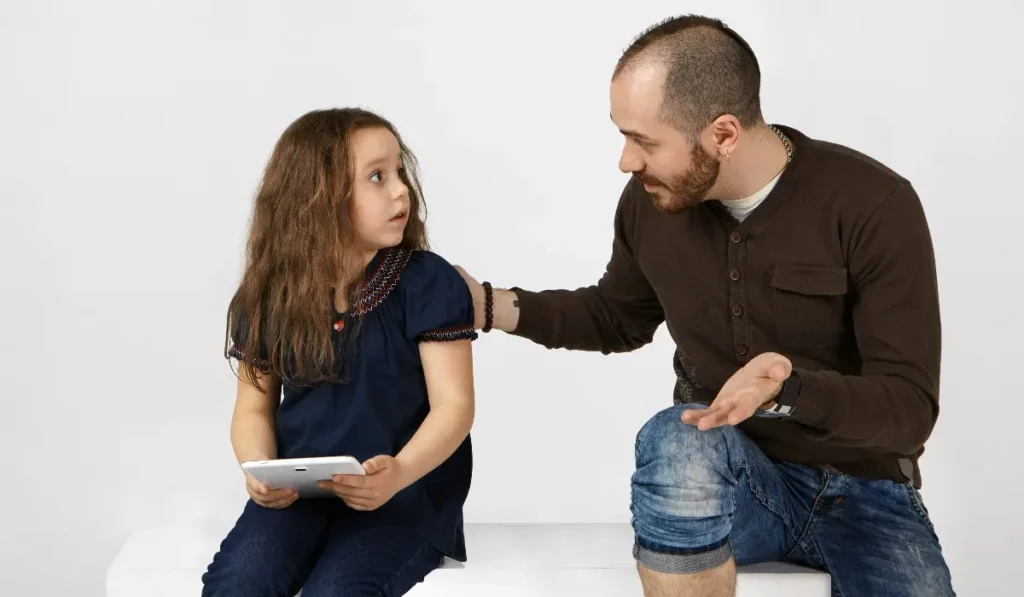Table of Contents
Parenting styles play a significant role in the remarkable journey of raising children, demanding dedication, love, and collaboration between both parents. As children grow, they benefit immensely from a strong and nurturing parenting style exhibited by their mom and dad. The specific parenting styles chosen not only influence the well-being of the child but also mold their own experiences as individuals.
1. Effective Communication: The Foundation of a Strong Partnership
Effective communication serves as the cornerstone of any successful relationship, and parenting is no exception. Parents must utilize their chosen parenting styles to establish open lines of communication, facilitating discussions about their shared goals, concerns, and challenges. Regularly engaging in heartfelt conversations allows for the exchange of ideas and strengthens the bond between parents. By actively listening to one another, parents create an environment of understanding and trust, fostering a healthy atmosphere for their children to thrive.
2. Shared Responsibilities
Parenting styles play a crucial role in recognizing that parenting is a shared responsibility that necessitates both parents actively participating in the upbringing of their children. Sharing responsibilities helps in creating a harmonious balance in the family dynamics and prevents one parent from feeling overwhelmed. By dividing tasks such as feeding, bathing, and bedtime routines, parents can support one another and demonstrate unity. This approach not only strengthens the bond between parents but also provides a sense of security and stability for the children. When parents work together as a team, they model cooperation and encourage their children to develop strong interpersonal skills.
3. Mutual Support: A Source of Strength
Navigating the challenges of parenthood, while guided by their chosen parenting styles, can be demanding, but having a partner who provides unwavering support within the framework of those parenting styles can make all the difference. Emotional support, empathy, and understanding from both parents, aligned with their parenting styles, create a nurturing environment for both the children and the relationship itself. By acknowledging and respecting each other’s strengths, as influenced by their parenting styles, parents can lean on one another during difficult times. Celebrating milestones, offering encouragement, and providing a shoulder to lean on, all within the context of their parenting styles, fosters a sense of togetherness and helps in weathering the storms of parenting. When parents, following their chosen parenting styles, support one another, they set a positive example for their children, teaching them the importance of kindness, compassion, and teamwork within the framework of their parenting guide.
Conclusion
The relationship between parents has a profound impact on the upbringing of children. Effective communication, shared responsibilities, and mutual support are the pillars that strengthen this bond. By prioritising their relationship, parents create a harmonious environment where children can flourish and learn valuable life skills. Together, parents can navigate the challenges of parenting and create a loving and nurturing home for their children.







